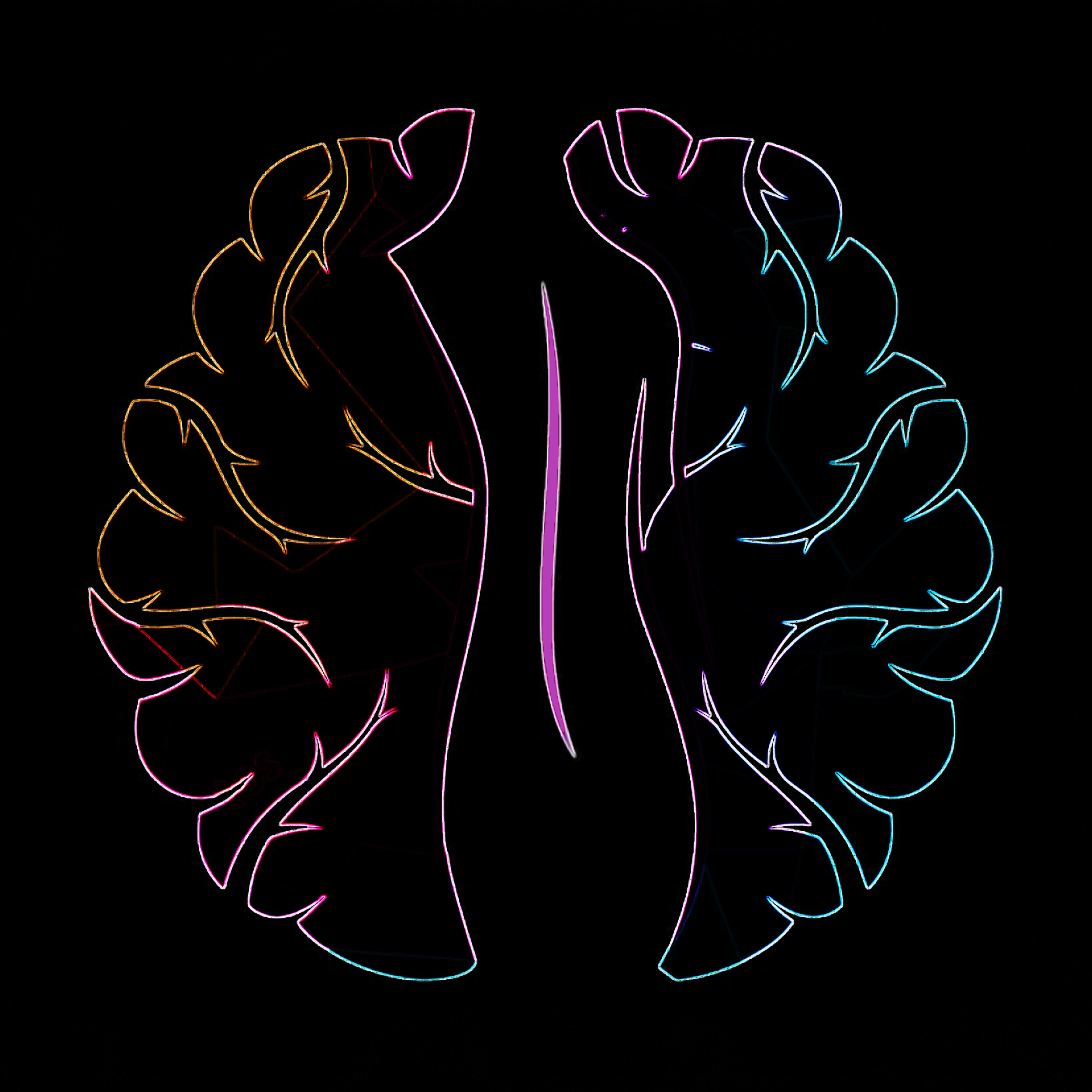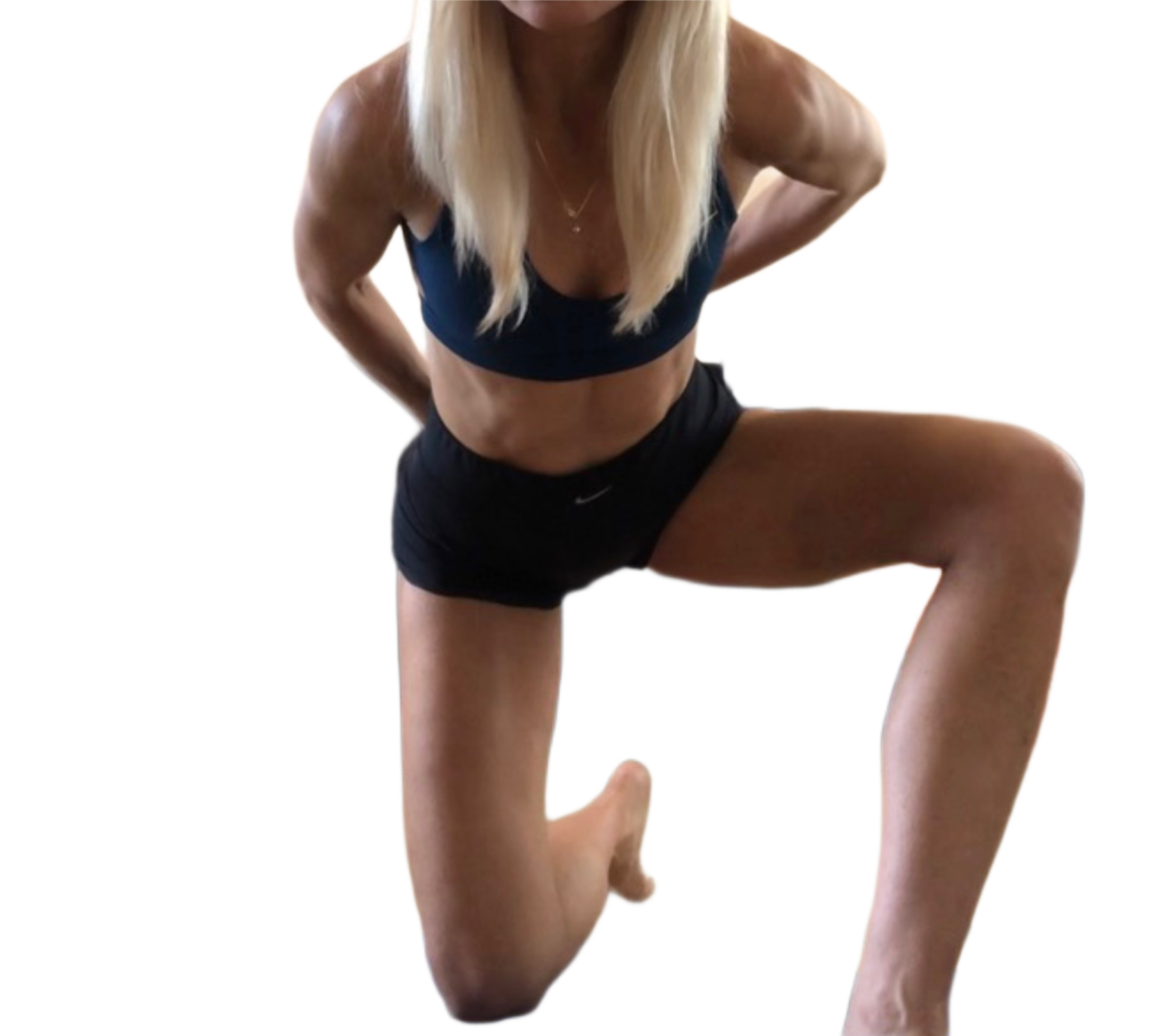Yoga
Gentle Classical Yoga to
improve functional mobility for
still mind meditation
Origin of Yoga
There are reports yoga has been around for up to 8000 years. There are four main periods of the evolution of yoga. Yoga was born the same time as Hinduism some 8000 years ago. In that time yoga has gone through four main shifts. These are Vedic, Pre-Classical, Classical and Modern. The Vedic Period founded Ancient Indian Civilisation. Hinduism is built on Purusartha which promotes balance of consciousness and consequence. Preclassical yoga took sought knowledge and liberation. While Classical Yoga emerged 5000 years ago and grounded the yoga teachings with techniques to help stabilise mental, emotional and physical health.
Table. Origin of Yoga
Vedic period. Yoga is reported to be up to 8000 years old. The Vedas found traditional Hinduism.
Pre-classical period. The Upanishads. The Upanishads, are the cream of the Vedas. Knowledge and liberation. The study of the individual soul (Brahma) and the supreme soul (Atma).
Classical period. Classical Yoga was born 5000 years ago. Pantajali wrote the Yoga Sutras. The Sutras literally translate to the thread of fabric that makes yoga. There are four main chapters in Patanjali's sutras. 191 of there sutras discuss mind management, leaving only four to discuss the physical poses. The take home message is that no pose is to cause strain. Zero strain!
Modern period. Study the text of Vendata. Vendata are a summary of the end of the Vedas. Yoga become famous in the West by a few people out of India. British educated Indians taught Vendata.
Whether young, old or too old, sick or lean, those one who discards laziness — get success when you practice the discipline of yoga
Pushtam sumadhuram snigdham
Gavyumdhatupraposhanam
Manobhilashitam yoghyam yogi bhojanamacharet
The Hatha Yoga Pradipika (Svatrarama)
Pranayam
Square Breath Exercise
Breath in: PARUKA
Internal breath pause: ANTAR KAMBHAKA
Breath out: RECHAKA
External breath pause: BAHIR KAMBHAKA
This technique provides the gateway to learning and understanding pranayam as part of your daily yoga practice. Generally, the Rechaka (out breath) can equal to your Paruka (in breath). Make the Paruka inhale slow and quiet to improve the comfort within your body when you Antar Kambhaka (abstain breathing) in or out for a short period of time. During Paruka, we want to develop full control of your lungs. This will develop with practice.
Asana
There are over 2000 Yoga Poses. However in the original theory you will be pleased to hear that physical development is founded in steadiness of practice with simultaneous ease in the mind and body. Asana, the physical postures are only is 0.15% of the Yoga Sutras, in that of the 196 Sutras written by Patanjali, only three Sutras discuss Physical Asana. These Sutras are from Chapter 2 of the Sadhana Pada Sutras 46-48 as outlined below
Asana — Chapter 2 Sadhana Pada — Sutras 46-48
-
Sutra 46 Chapter 2
Sthira-sukham asanam
Asana is steadiness and ease
-
Sutra 47 Chapter 2
prayatna-saithiya-anata-samapattibhyam
Steadiness and ease in postures comes from relaxed effort and restful balance
-
Sutra 48 Chapter 2
tato dvandva-anabhighatah
Observe internal conflict like it were a tennis match — until it resolves.
Ch1 Sutra 34 to 39. Meditation without attachment. Push beyond minds through dharna (concentration/focus)
-
Sutra 34 Chapter 1
Square\Rectangle Breath
Pracchardan-vidharanabhvamva pranasya
Holding the breath after inhalation and again exhalation brings citta-vritti-nirodhaha (the thoughts in the head to sleep)
-
Sutra 35 Chapter 1
Obsession / Concentration as mediation
Visayavati va pravrittirutpanna-manasah shtitinibandhini
Mediate on an object that you associate with that arises intense interest
-
Sutra 36 Chapter 1
Transformative Meditation
Visoka va jyotisma
Meditate on your transformation (that is void of grief and has a quality of illumination).
-
Sutra 37 Chapter 1
Meditation with indifference
Vitaragavisayam va cittam
Meditate while being uncoloured or unaffected by an object
-
Sutra 38 Chapter 1
Delta — Deep Sleep Meditation
Svapna-nidra-jnanalambanamva
Take a breath and dive into mediation that was born in sleep/dream or knowledge gained in sleep
-
Sutra 39 Chapter 1
Visulisation
Yathabhimata-dhyanadva
Meditate on a subject that naturally interests you
The Tensions — Chapter 2 Sadhana Pada — Sutras 3-9
-
Sutra 3 Chapter 2
Avidyasmitaragadvesabhinivesah panca Klesa
The Five Tensions stem from non-awareness. First Tension is distance/distraction/distortion. Second Tension is oppression (avoidance)/repression (gaslighting), supression (swallowing). Third Tension is seer vs seen as distinct entities. Fourth Tension is Slumbering in the Past of pleasure (sutra 7) or slumbering in pain (sutra 8). Fifth Tension is defining oneself through self preservation.
-
Sutra 4 Chapter 2
Avidya ksetramuttaresam prasupta-tanuviccinnodaranam
Non-awareness (KLESA) is where the Tensions are born and express themselves via the hidden/unconsciousness; trivialities; unnecessary fragmentation and broad but thin knowledge causing discontect (lose sight of the bigger picture)
-
Sutra 5 Chapter 2
Anityasuchidukhanatmasu nityasuchisukhatmakhatmakhyatiravidya
Sutra 5 Chapter 2 is Assumption; confusing transience with permanence, confusing impure with pure, and confuses pain with pleasure
-
Sutra 6 Chapter 2
Drkdarsanasktyorekamatevasmita
To assume seer and seen energy are one and the same which in itself is a tension called Asmita “I-ness/egocentricity”.
-
Sutra 7 Chapter 2
Slumbering in pleasures of the past (excess recall of a pleasurable past)
Sukhanusayi Ragah
Under the influence of a lingering memory of pleasurable past experiences is tension called Raga
-
Sutra 8 Chapter 2
Slumbering in Pain from the past
Dukkhanusavi Dvesah
Under the influence of a lingering memory of pain from the past experience is a tension called Dvesah
-
Sutra 9 Chapter 2
Savarasavahi viduso-pi
Abhinivesa body bound self preservation interests both behaviourally and physically. Sutra 9 begins the journey of emptying all tensions discussed between Sutra 3-8.
-
Sutra 10 Chapter 2
Counter-creativity removes klesa (unawareness that brings tensions)
-
Sutra 11 Chapter 2
Meditation through contemplation can sift/sort concepts born of Klesa (non-awareness causing the tensions).
Chapter 1 Samadhi Pada — Sutras 1-4
yoga sutra summary
-
Sutra 1 Chapter 1
The Discipline of Yoga
Atha Yoganusasanam
and, now the Discipline of Yoga
-
Sutra 2 Chapter 1
Speak from your heart without thought
Yogacittavrittinirodha
Yoga is the state of being in which the ideational choice-making movement of the mind slows down and comes to a stop.
-
Sutra 3 Chapter 1
Strive to be your authentic self always
Tada drastuh svrupevasthanam
Then [when when the movement of the mind comes to a stop] the seer gets established in his existential identity.
-
Sutra 4 Chapter 1
Let noise not disturb your solution seeking
Vrttisarupyamitaratra
In all other states of being, identification with the ideational choice-making movement reigns-supreme.
“Na veshadharanam siddheh karanam na cha tatkatha
Kriyaiva karanam siddeh satametanna samsayah
Pitthani kumbhakaschitra divyani karani cha Sarvanyapi hathabhyase rajayogaphalavadhi
Asanas (postures), various Kumbhakas and other divine means, all should be practiced in Hatha Yoga, until Raja Yoga is obtained.
Hatha Yoga is one way to enable comfort within your body and Raja Yoga will provide you with freedom of learning how to relax and unwind
Here begins our journey”






